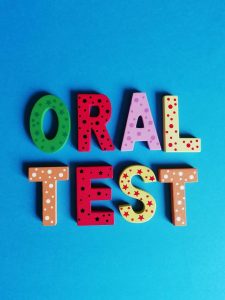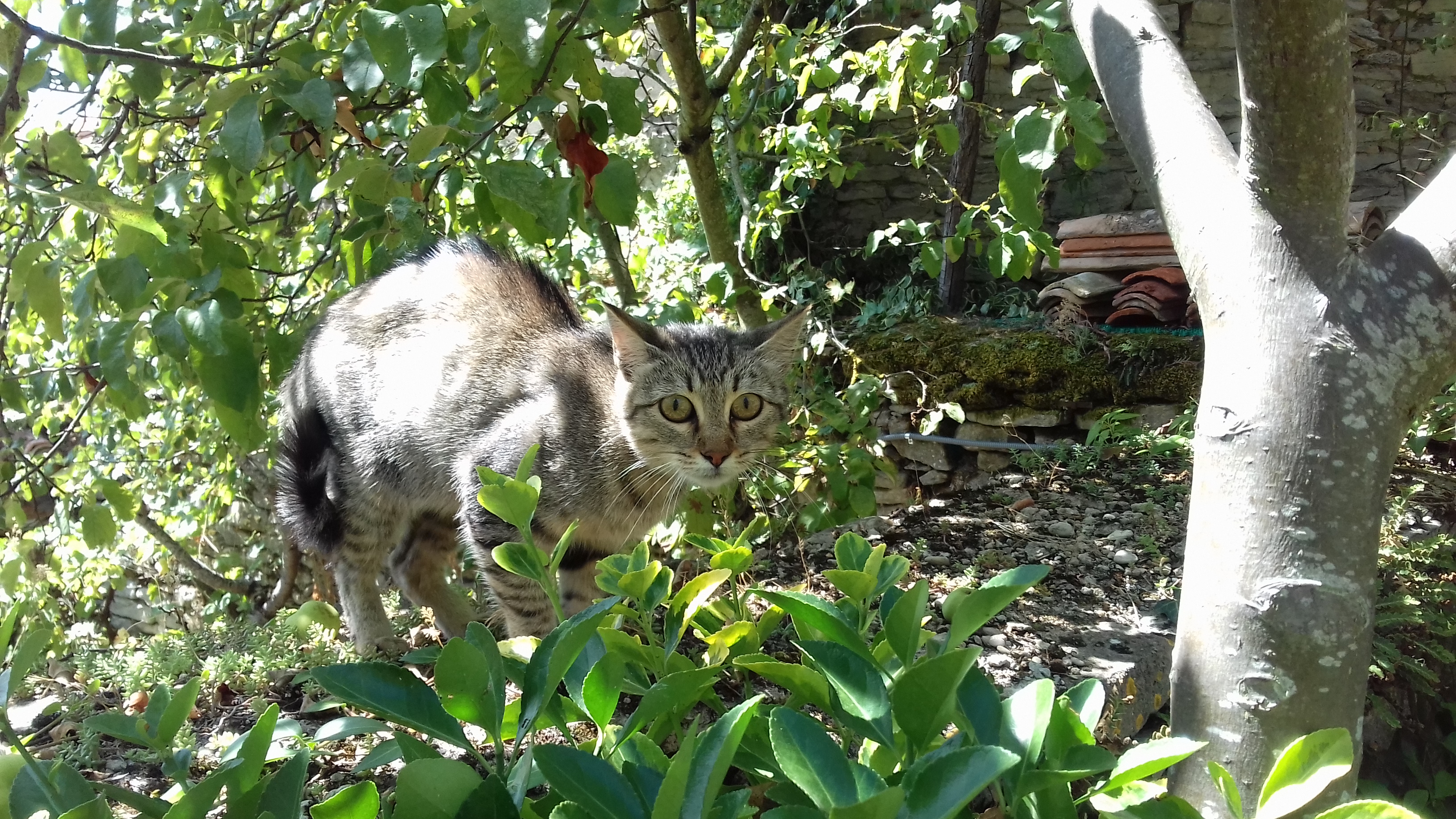 This blog post aims to look at the language that is emerging as countries are relaxing their coronavirus restrictions and moving on towards a new phase. Replicating the format of a previous blogpost (dealing with the terminology the Coronavirus arrival brought with it, here), I will introduce language relevant to this stage while providing context examples taken from newspapers.
This blog post aims to look at the language that is emerging as countries are relaxing their coronavirus restrictions and moving on towards a new phase. Replicating the format of a previous blogpost (dealing with the terminology the Coronavirus arrival brought with it, here), I will introduce language relevant to this stage while providing context examples taken from newspapers.
Continue reading “Coronavirus Covid-19: Easing restrictions”

 When I first heard the word mish-mash, it was love at first sight.
When I first heard the word mish-mash, it was love at first sight. 
 In this global
In this global 




